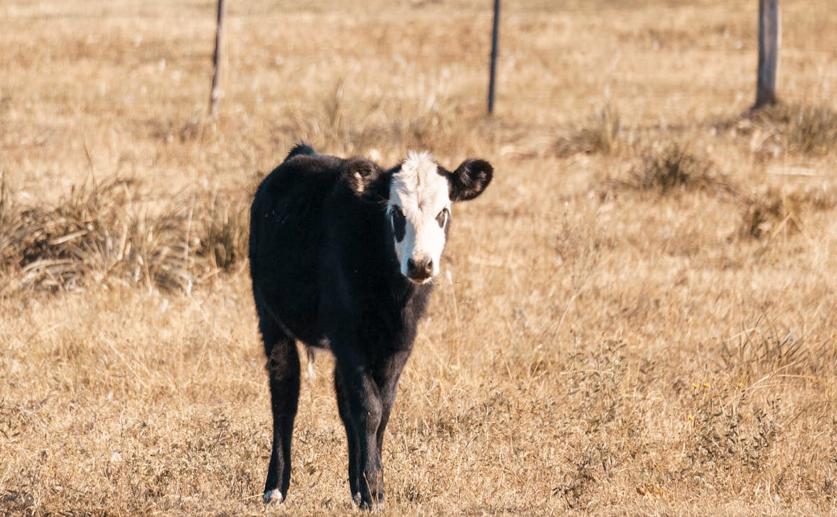
Exploring How Milk Production Affects Cow Health Through Genetics
Jenn Hoskins
9th April, 2024

Key Findings
- Study conducted on 34,497 German Holstein cows found high milk yield can cause health issues
- Specifically, increased milk production is linked to higher risk of udder infection (mastitis) and claw diseases
- The study suggests breeding programs should balance milk yield with health traits for better cattle welfare
GeneticsAgricultureAnimal Science
References
Main Study
1) Mendelian randomization analysis of 34,497 German Holstein cows to infer causal associations between milk production and health traits
Published 8th April, 2024
https://doi.org/10.1186/s12711-024-00896-5
Related Studies
2) Symposium review: Novel strategies to genetically improve mastitis resistance in dairy cattle.
3) Invited review: Genetics and claw health: Opportunities to enhance claw health by genetic selection.
4) Distinguishing pleiotropy from linked QTL between milk production traits and mastitis resistance in Nordic Holstein cattle.



 31st March, 2024 | Jenn Hoskins
31st March, 2024 | Jenn Hoskins